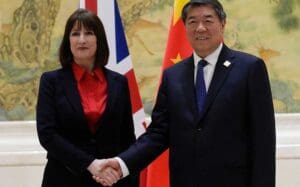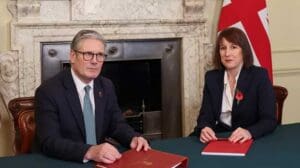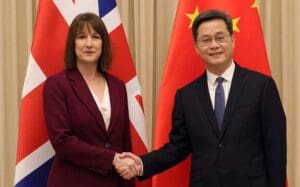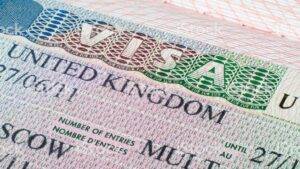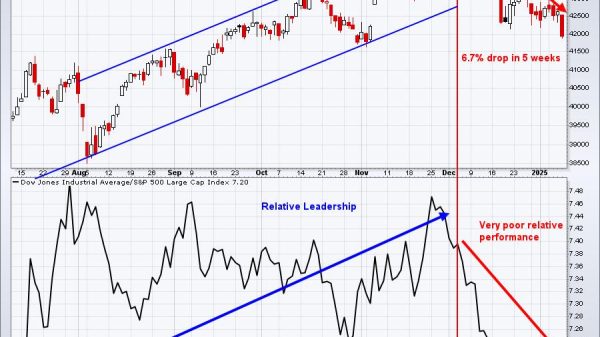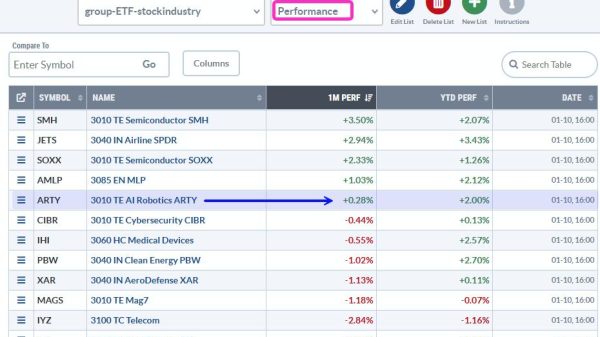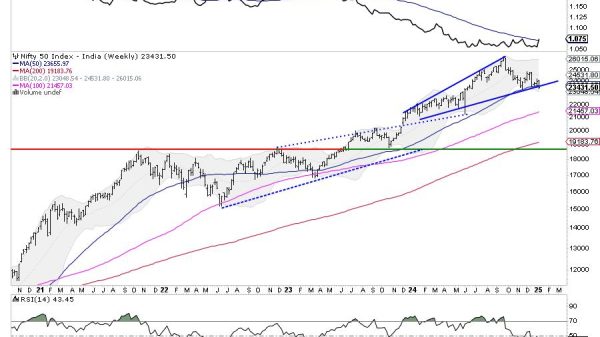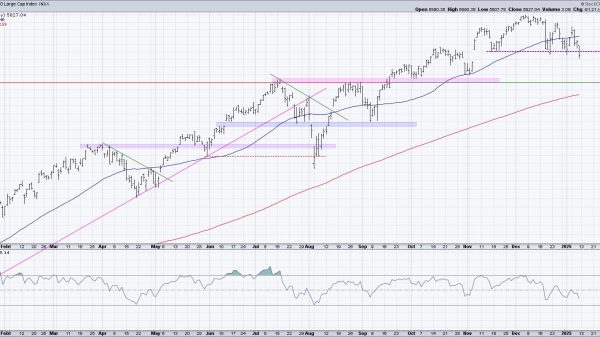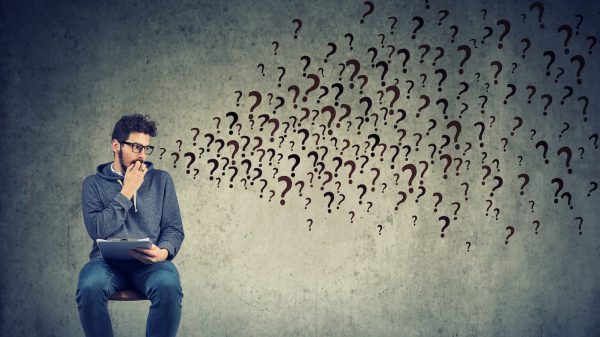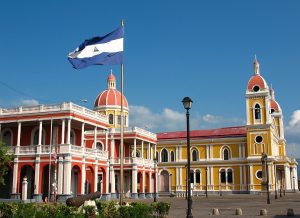MANAGUA/WASHINGTON – More than 200 Nicaraguan political prisoners were freed and flown to the United States on Thursday, nearly all of them prominent government critics jailed in President Daniel Ortega’s crackdown on dissent over recent years.
Ortega later described the surprise release as a push to expel criminal provocateurs who sought to undermine Nicaragua, while the United States hailed it as a “constructive step” toward improving human rights.
The freed political prisoners include five former presidential hopefuls who sought to challenge the increasingly authoritarian Ortega in a 2021 election only to be jailed in an unprecedented dragnet and criminalizing of political dissent in the Central American country.
Flanked by top security officials and sitting in front of national and ruling party flags, Ortega in his televised remarks said that all the prisoners sought to undermine national sovereignty, deriding them as “agents” of foreign powers.
“Let them have their mercenaries,” he said.
Earlier on Thursday, an Ortega loyalist judge denounced the released prisoners as “traitors” who he said had been deported.
Hours later, at Dulles International Airport near Washington, crowds of people waited to greet loved ones, waving flags and chanting “Free!”
A US official told Reuters that Managua sought to show its desire to improve relations with Washington.
In his remarks, Ortega insisted he did not make any concessions to US officials ahead of the release, or ask that economic sanctions be lifted.
“This wasn’t about any negotiation,” he said, waving his finger from side to side.
In 2021, Washington imposed sanctions and denounced Ortega’s re-election as a “sham” after all of his top opponents were rounded up and detained by police in the months leading up to the vote, with journalists and religious figures also later imprisoned.
In a statement, US Secretary of State Antony Blinken praised the release as “a constructive step towards addressing human rights abuses” that could also lead to further dialogue between the countries.
Those freed will be allowed to enter the United States on emergency humanitarian grounds, the administration of President Joe Biden said in a note to Congress.
‘STRATEGIC MOVE’
Ortega’s allies in Congress planned to change the law to allow officials to strip the freed prisoners of their citizenship, which would effectively close off any plan they might have of returning home someday.
Even if no quid-pro-quo led to the mass release, some analysts think the isolated Ortega was motivated to prioritize his political survival above all.
“It’s a strategic move,” said Valeria Vasquez, a Central America analyst with consultancy Control Risks.
“They probably know they needed to do this to keep afloat, to stay in power,” she added, referring to Ortega and his wife, Vice President Rosario Murillo.
Among those freed were former presidential candidates Juan Sebastian Chamorro, Felix Maradiaga, Miguel Mora, Medardo Mairena and Arturo Cruz, as well as prominent student activist Lesther Aleman, a Nicaraguan judicial document showed.
Blinken said prominent dual-citizen businessman Michael Healy, who had been jailed for 13 years, was also released.
Many of the 100 or so people at Dulles Airport awaiting the arrival of those released waved Nicaraguan flags and signs bering the name of their freed loved one. Some sang “My Nicaragua,” a cherished national song.
Ariana Gutierrez Pinto, 28, said she was eager to be reunited with her 63-year-old mother, Evelyn Pinto, who had been released just in time to celebrate her birthday.
“There were days when I lost hope, but my father was always optimistic, the whole family was optimistic. And my mother was, too,” said the younger Pinto said. “She never lost hope.”
Erika Guevara, Americas’ director for rights group Amnesty International, credited a sustained pressure campaign over years for helping bring about the release of prisoners.
She pointed to “courageous and relentless condemnation” of Ortega’s repression both inside Nicaragua and overseas as a catalyst that generated global awareness of abuses.
In addition to the 222 individuals who were expelled to the United States, two others were freed but chose not to travel, of whom one was prominent Ortega critic and Catholic Bishop Rolando Alvarez. Ortega said the cleric is now back behind bars. — Reuters

